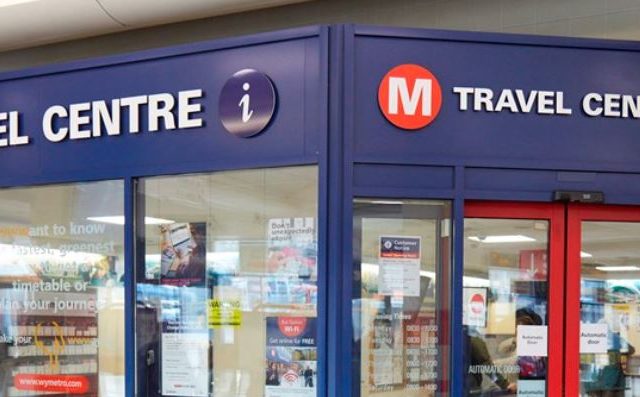A Blog for the Allyship
Tracy Brabin, the Mayor of West Yorkshire, has pledged to improve our bus services. One step towards that goal is a new Enhanced Partnership between the West Yorkshire Combined Authority (WYCA), the five West Yorkshire local authorities, including Leeds City Council, and all bus operators.
The Enhanced Partnership Plan has three key themes:
- A safe and inclusive bus system – fully accessible for those with physical disabilities and other health and social needs.
- Better connected communities – particularly areas of high deprivation.
- Decarbonisation and sustainable travel – because transport emits the most carbon of any key sector in West Yorkshire, with more than 90% coming from cars and vans.
To achieve these visions, buses must become a key travel choice and deliver a better service for communities that face deprivation, inequality and exclusion.
The Equality Act 2010 defines certain protected characteristics, including age, disability and race. The Enhanced Partnership Plan commits to addressing the disadvantages that are suffered by people with protected characteristics and their communities.
So how do our bus services in Leeds match up to these aspirations?
Currently, we have the concessionary bus passes for older and disabled people. The statutory scheme provides free travel at weekends and on weekdays after 9:30 am. Local transport authorities can deliver extra concessions, and many do, but WYCA only provides the basic offer. So older people with early morning hospital appointments must pay, and so must disabled people who may need to travel in the mornings to hold down a regular job. They are effectively shunned from public transport and some may resort to their cars, which harms air quality and Leeds’ climate change ambitions. Working with Cllr Salma Arif through the Leeds Health & Wellbeing Board’s Allyship Programme, the BusFair campaign in Leeds hopes to achieve a better, fairer deal.
The West Yorkshire Bus Strategy and the Bus Service Improvement Plan both mention the concessionary fares, but they don’t consider whether they are operating properly or fairly, or how they should be managed post-pandemic, when bus usage has changed significantly.
However, the Technical Report to the Bus Strategy notes that for every £1 spent on concessionary pass schemes, almost £3 in benefits is generated. And unusually, a proportion of these benefits also accrue to society as whole, in the form of lower congestion, reduced accidents, and reduced pollution, noise and greenhouse gas emissions.
Data from WYCA show that the most diverse and disadvantaged communities in Leeds have the lowest uptake and lowest usage of senior bus passes. Digital and cultural exclusion are likely causes. But older people in these areas are the most likely to rely on the buses as their only means of transport, so equality and inclusion have been failing here. A bus pass application requires an internet connection and considerable IT skills (unless you are able to visit the bus station).
There has been some recent good news about the buses, such as a new fares deal that provides cheaper travel for young people; a future £2 cap on fares for individual journeys, which will help with inequality and disadvantage; and a free bus service introduced by the Mayor in Wakefield.
But there is still more scope and opportunity for the Enhanced Partnership to deliver on equality and inclusion for our older people, for the disabled and for our diverse communities in Leeds and West Yorkshire.
David Smith
Cross Gates and District Good Neighbours Scheme
